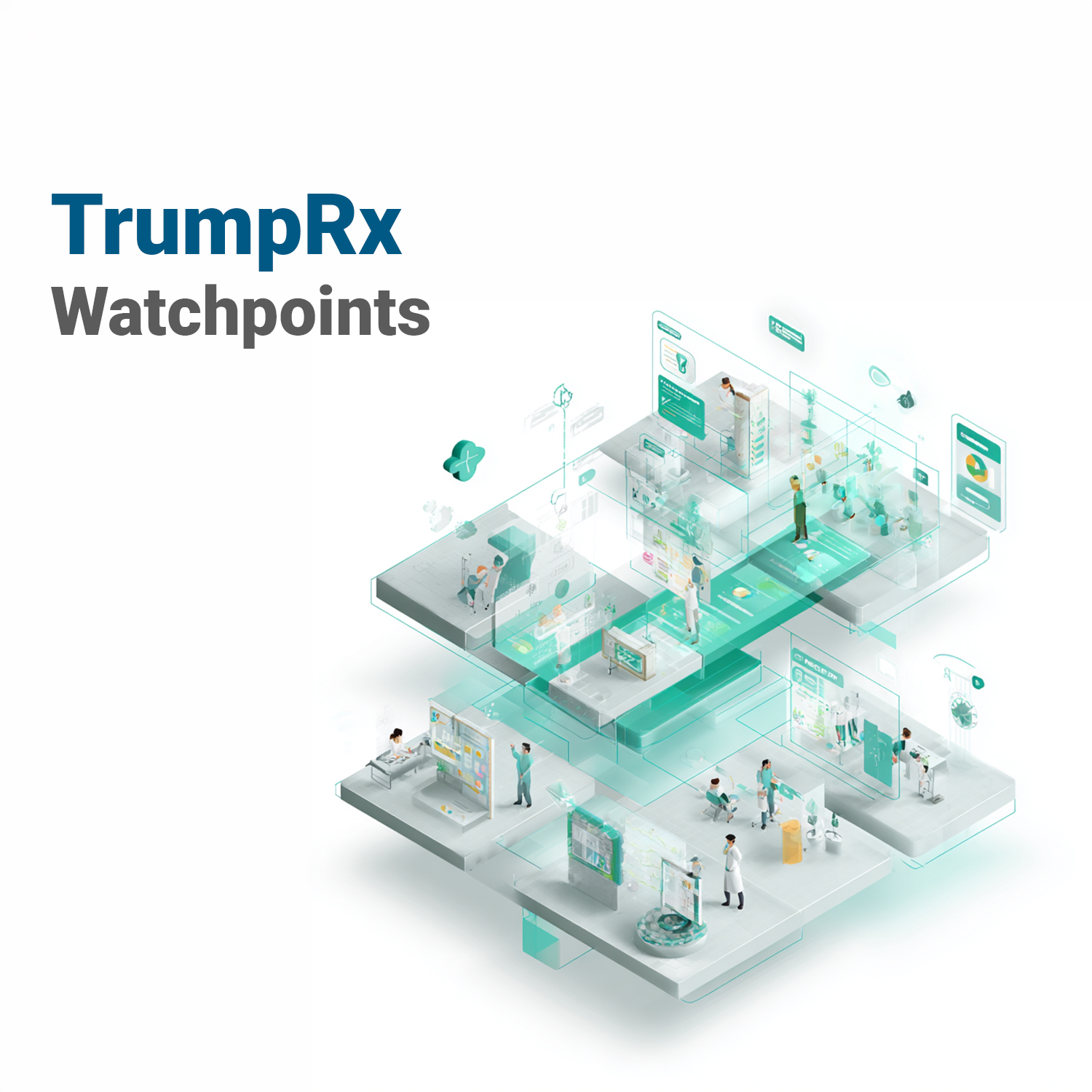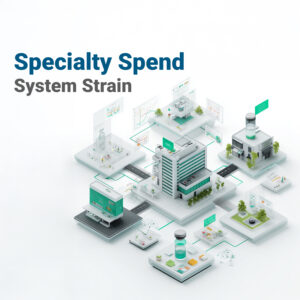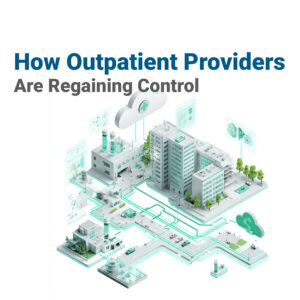Self-funded employers have long recognized the importance of rebates in managing healthcare costs. Pharmacy benefit rebates are typically part of financial planning, built into projections, and often used to offset premiums or reinvest in employee programs.
But there’s another side of rebates that too often goes unnoticed: medical benefit rebates.
The Overlooked Rebate Opportunity
While PBMs handle most pharmacy benefit rebates, some of the highest-cost drugs today are billed under the medical benefit. These include infused therapies, oncology treatments, and physician-administered drugs.
Here’s the problem: most self-funded employers don’t have the infrastructure to identify, capture, and process rebates tied to these claims. That means valuable dollars go uncollected, even though they belong to the employer’s plan.
Why It Matters for Employers
For self-funded plans, unclaimed rebates aren’t just lost dollars—they’re missed opportunities to:
- Reinvest in employee wellness and preventive care programs
- Offset employee premium contributions
- Strengthen the employer’s overall benefits strategy
- Improve cost-containment and forecasting accuracy
Every rebate dollar left on the table is a dollar that could have been used to improve financial sustainability and enhance the employee experience.
Strategic Rebate Management
This is where strategic rebate management comes in. At VativoRx, we help self-funded employers unlock the full value of rebates across both pharmacy and medical benefits—without disrupting existing PBM or specialty pharmacy relationships.
Our approach to medical rebate management includes:
- Clean, compliant submissions to manufacturers
- Visibility into both pharmacy and medical rebate performance
- Audit-ready documentation to safeguard employer dollars
- Non-disruptive integration with existing benefit structures
The result is straightforward: more rebate dollars flowing back to the plan, with less administrative burden.
Real Talk
In our conversations with self-funded employers, we’ve seen a consistent pattern: employers are focused on cost sustainability and employee health—but most have no idea how much rebate value is left uncollected on the medical side.
This gap represents one of the clearest opportunities for employers to stretch health plan dollars further, reinvest in their workforce, and strengthen their overall benefits strategy.
The Bottom Line
Self-funded employers can no longer afford to think of rebates as a pharmacy-only solution. With specialty costs rising, the medical benefit rebate opportunity is too significant to ignore.
📩 Ready to capture every rebate dollar available to your plan?
Let’s talk about how VativoRx can help your organization build a smarter, more strategic rebate program. Contact us here.






